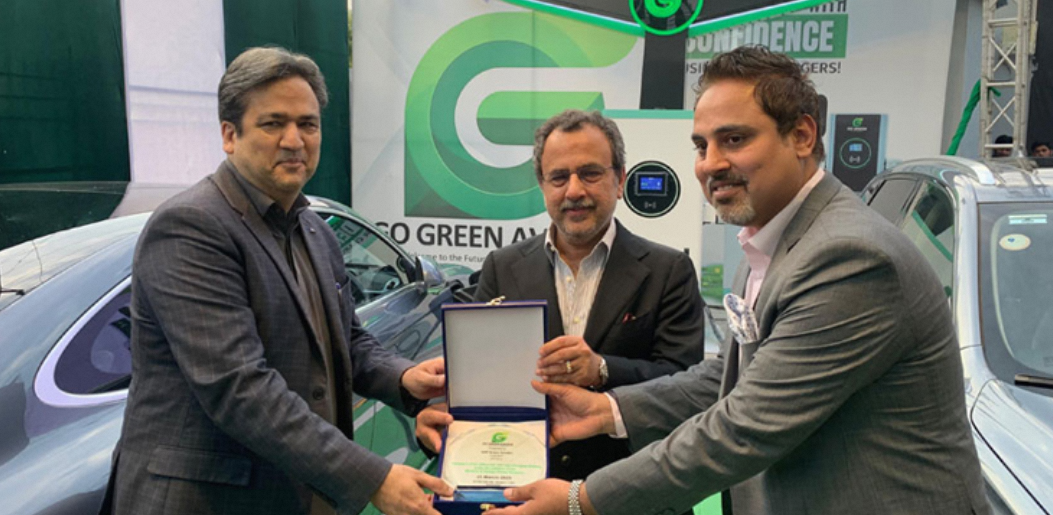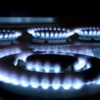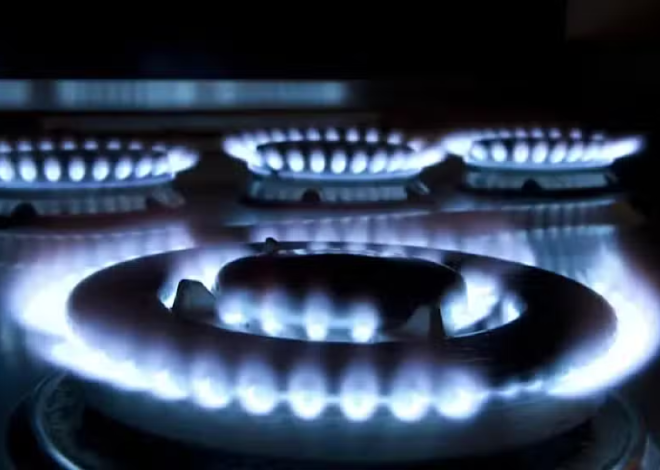
Pakistan’s First Fast EV Charging Station: A Milestone Toward Sustainable Mobility
Pakistan took a significant leap toward a greener future with the inauguration of its first fast (electric vehicle) EV charging station in Islamabad on [insert date]. Spearheaded by [Government Body/Private Company Name], this landmark event marks a pivotal moment in the nation’s transition to sustainable transportation. Attended by key figures such as [Name, Title], the launch underscores Pakistan’s commitment to combating climate change and reducing reliance on fossil fuels.
A Modern Infrastructure Marvel
Located in [specific location, e.g., a commercial hub or major highway], the charging station boasts cutting-edge technology, including DC fast chargers capable of replenishing an EV battery to 80% in just 30–40 minutes—a stark contrast to conventional chargers, which can take several hours. Compatible with global standards, the station supports multiple EV Charging Station models, ensuring accessibility for early adopters and future users alike. Real-time monitoring and user-friendly payment systems further enhance convenience, signaling a new era of tech-driven mobility solutions.
Catalyzing EV Adoption
While EV Charging Station represent a fraction of Pakistan’s automotive market, the introduction of fast-charging infrastructure addresses a critical barrier: “range anxiety.” Many consumers hesitate to switch to EVs due to fears of being stranded with a depleted battery. This station, part of a broader network under development, aims to alleviate such concerns. Currently, Pakistan has over [X number] of registered EVs, primarily motorcycles and small cars, but the government’s National Electric Vehicle Policy (NEVP) targets 30% electrification of vehicles by 2030. Incentives like tax exemptions and reduced import duties on EVs and components are already driving interest among manufacturers and buyers.
Environmental and Economic Imperatives
Pakistan’s shift to EV Charging Station aligns with urgent environmental needs. Cities like Lahore and Karachi rank among the world’s most polluted, with vehicular emissions contributing significantly to smog and respiratory illnesses. Transitioning to EVs could drastically cut carbon emissions, especially if paired with renewable energy sources. Economically, reducing oil imports—which cost Pakistan $13–15 billion annually—could stabilize the current account deficit and redirect funds toward sustainable development projects.
Government and Private Sector Synergy
The charging station’s launch highlights successful collaboration between the public and private sectors. [Company Name], a leader in renewable energy, partnered with [Government Agency] to deploy the infrastructure, showcasing how joint ventures can accelerate progress. [Quote from Official, e.g., “This station is the first of 100 planned nationwide, reflecting our vision for a clean, energy-independent Pakistan,” said Minister XYZ.]
Road Ahead: Expansion and Challenges
While this inauguration is celebratory, challenges persist. Pakistan’s electricity grid, still reliant on fossil fuels for ~60% of its power, must integrate more renewables to maximize EV Charging Station benefits. Additionally, expanding charging networks to rural areas and highways is crucial for long-distance travel. Affordability remains another hurdle; though EVs promise lower operating costs, their upfront prices are prohibitive for many. Experts urge continued subsidies and local EV manufacturing to reduce costs.
Conclusion
Pakistan’s first fast EV charging station is more than infrastructure—it’s a symbol of progress. As the nation navigates economic and environmental challenges, embracing clean transportation offers a roadmap to resilience. With sustained investment, policy support, and public awareness, Pakistan can drive toward a future where electric mobility is the norm, not the exception. For consumers, this station is an invitation to join the green revolution—one charge at a time.







